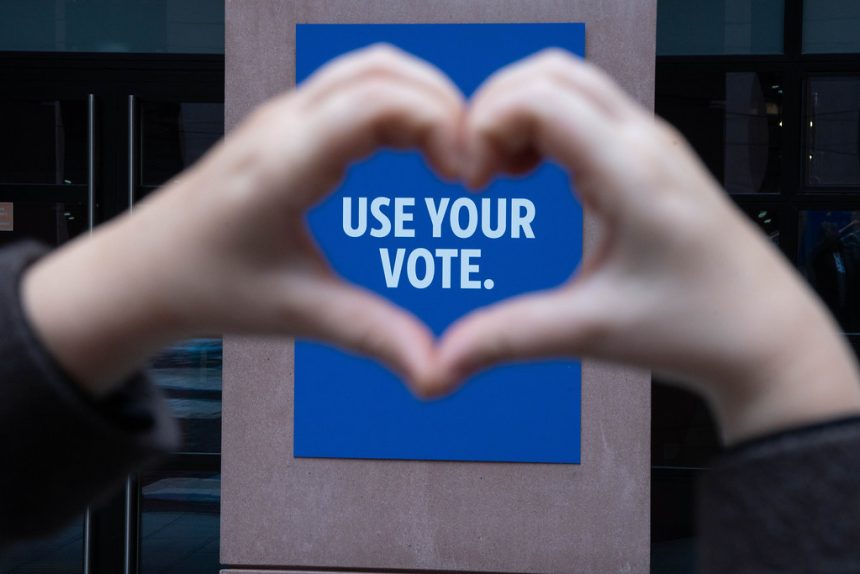Singapore will hold its 14th General Election on May 3, 2025, marking the first electoral test for Prime Minister Lawrence Wong and the city-state’s fourth-generation (4G) leadership team. President Tharman Shanmugaratnam dissolved Parliament on April 15, following Wong’s advice, and the Writ of Election was issued the same day.
Key Dates and Electoral Landscape
- Nomination Day: April 23, 2025
- Cooling-Off Day: May 2, 2025
- Polling Day: May 3, 2025 (Saturday, declared a public holiday)
Voters will elect 97 Members of Parliament across 33 constituencies, comprising 18 Group Representation Constituencies (GRCs) and **15 Single Member Constituencies (SMCs).
A Leadership Transition
This election is significant as it is the first since Lawrence Wong became Prime Minister in May 2024, succeeding Lee Hsien Loong and ending the Lee family’s political leadership that began with Singapore’s founding father, Lee Kuan Yew. Wong, who also serves as the Secretary-General of the ruling People’s Action Party (PAP), aims to secure a strong mandate to implement his “Forward Singapore” agenda, focusing on inclusivity and participatory governance.
Political Dynamics and Voter Sentiment
The PAP has governed Singapore since its independence in 1965. In the 2020 General Election, the party secured 83 out of 93 seats with 61.24% of the vote, its lowest vote share since independence. The opposition Workers’ Party (WP) made significant gains, winning 10 seats and establishing a formal Leader of the Opposition role for its chief, Pritam Singh.
A recent YouGov survey indicates that a majority of Singaporeans remain undecided ahead of the upcoming general election, with only 44% of respondents having chosen their preferred political party. Among those decided voters, 63% support the PAP, and 15% back the WP.
Electoral Boundary Changes
The Electoral Boundaries Review Committee (EBRC) released its report on March 11, increasing the number of constituencies from 31 to 33 and the total number of elected MPs from 93 to 97. These changes have prompted discussions among political parties regarding their strategies and candidate placements.
Looking Ahead
As Singapore approaches Polling Day, the election will not only determine the composition of its next Parliament but also serve as a referendum on the new leadership’s vision for the nation’s future amidst global economic uncertainties and domestic challenges.










